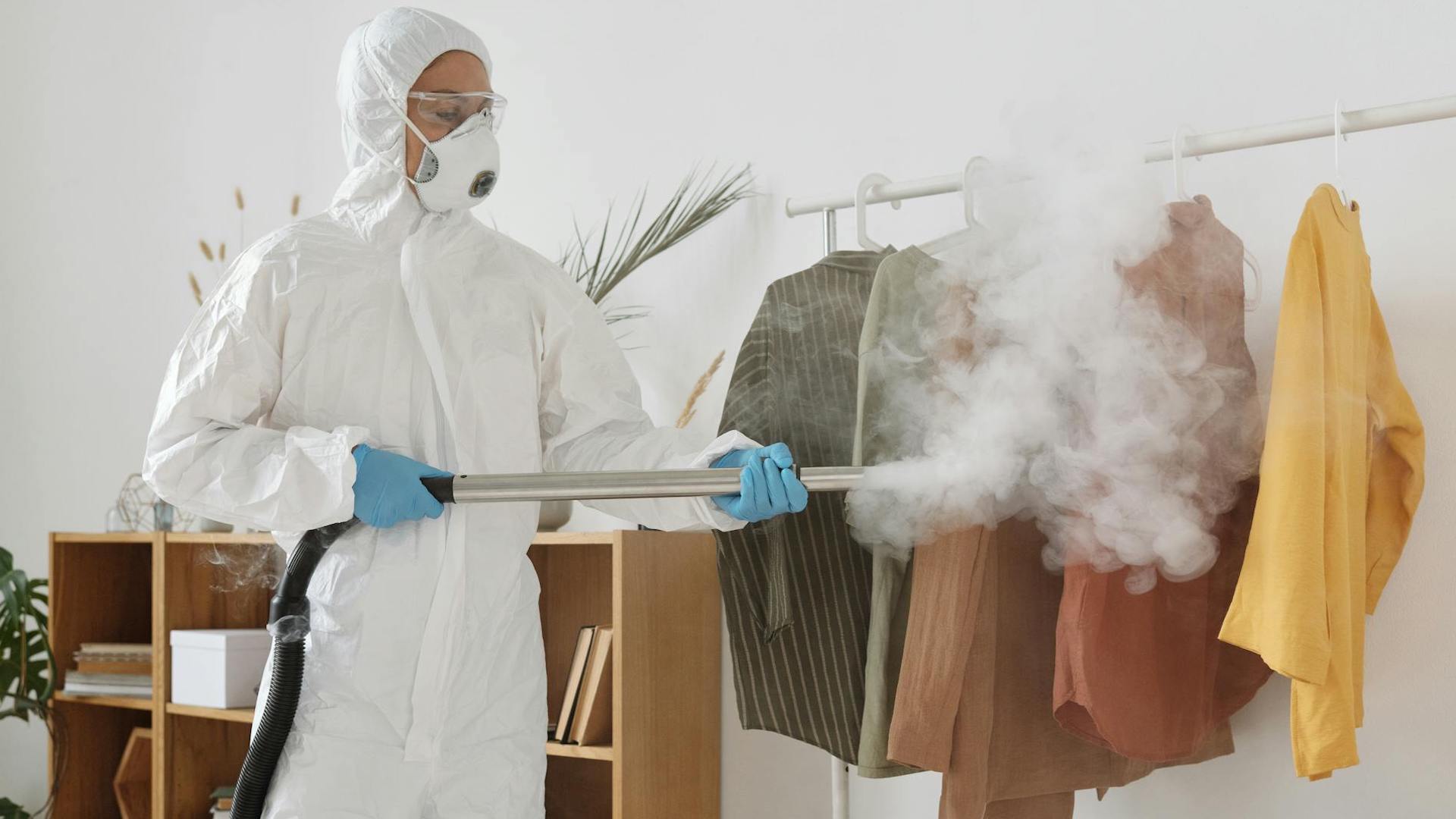Is pest control a landlord’s responsibility?
The landlord’s responsibility depends on various factors including the terms of your tenancy agreement, the nature of the infestation and its cause.
In general, private rent landlords in the UK are responsible for ensuring that the property is habitable and safe for tenants. This includes addressing any pest issues that arise from structural problems such as gaps in walls, broken windows or issues with the building that make it easier for pests to get inside. Sometimes an infestation is no one’s fault, such as in the case of nearby building works driving vermin into buildings. But even in that scenario, the landlord would usually be expected to take responsibility for fixing the problem. This might mean paying for a pest control service to come to the home.
“There will be cases where pest infestations are neither the landlord’s fault nor the tenants,” TDS researchers said. “However, landlords may be held accountable for dealing with infestations under certain circumstances, such as when the tenancy agreement states that they are responsible for maintaining the rental property in a ‘good and habitable state’, or when the infestation is caused by a lack of necessary repairs.
“The tenants also have a legal responsibility to act in a ‘tenant-like manner’ and excessively dirty living conditions, or bringing an infestation back from holiday would be down to the tenant to resolve.”
Around 61% of landlords said their tenants reported a pest problem to them as soon as it was discovered, while 86% of landlords handled the issue themselves.
Tenancy agreements
It’s crucial to check your tenancy agreement as it might outline specific responsibilities for pest control. Most agreements state that landlords are responsible for dealing with infestations unless they result from the tenant’s actions.
Advertising helps fund Big Issue’s mission to end poverty
Around 44% of landlords include a clause about pests in their tenancy agreements, according to a 2023 survey by the Tenancy Deposit Scheme. More landlords should do so in order to avoid confusion or a landlord-tenant relationship harmed by having to negotiate the issue without terms agreed beforehand, the National Residential Landlords Association said.
If the infestation is due to a long-standing issue or a structural problem, the landlord is usually responsible for addressing it. However if the infestation results from the tenant’s lifestyle or neglect, such as leaving food out or not maintaining cleanliness, the responsibility might shift to the tenant. It’s unlikely to be considered fair wear and tear.
Could tenants be responsible for a pest infestation?
That means tenants do have some responsibilities when it comes to pest control. If an infestation can be traced back to the tenant’s actions or lack thereof, they could be held liable. This might happen in cases of the tenant:
- Not keeping the property clean, leaving food out, and not disposing of rubbish properly
- Bringing in second-hand furniture without checking for pests like bedbugs
- Owning pets, which can bring fleas or other pests into the home
A lot of the time, the responsibility for addressing a pest problem can be shared. Landlords must make sure the property is structurally sound and habitable, while tenants have to keep the place clean and report issues as a priority.
What to do about a pest infestation
Report it to your landlord
If you discover a pest infestation in your rented house or flat, the first step is to report it to your landlord. Document the problem with photos or videos and put the issue in writing to your landlord. Doing this quickly is really important as delays can lead to worsening infestations and more significant damage.
Short term solutions if you have pests
While waiting for your landlord to address the issue, there are several steps you can take to minimise and deter pests without violating your tenancy agreement. Store food in airtight containers and clean up crumbs and spills immediately, while ensuring that rubbish bins are sealed and emptied frequently.
Advertising helps fund Big Issue’s mission to end poverty
Regularly clean kitchen surfaces, floors and other areas where food is prepared or eaten. Pests are often attracted to moisture, so fix any leaks and avoid leaving standing water.
What to do if your landlord doesn’t help
If your landlord fails to address a pest infestation, there are extra steps you can take to make sure the problem is resolved.
Report it to the council: You can report the issue to your local authority’s environmental health department. They can inspect the property and, if necessary, tell the landlord to fix the problem
Get legal advice: If the issue isn’t resolved, consider seeking legal advice. Organisations like Shelter and Citizens Advice can talk you through your rights and best next steps. In some cases, you may be able to take legal action
Keep paying rent, even if there are major issues in your home. Withholding it could cause major problems separate from the pest infestation further down the line, pushing you into rental arrears, and could result in you being evicted without a landlord reference.
Do you have a story to tell or opinions to share about this? Get in touch and tell us more. Big Issue exists to give homeless and marginalised people the opportunity to earn an income. To support our work buy a copy of the magazine or get the app from the App Store or Google Play.
Advertising helps fund Big Issue’s mission to end poverty









